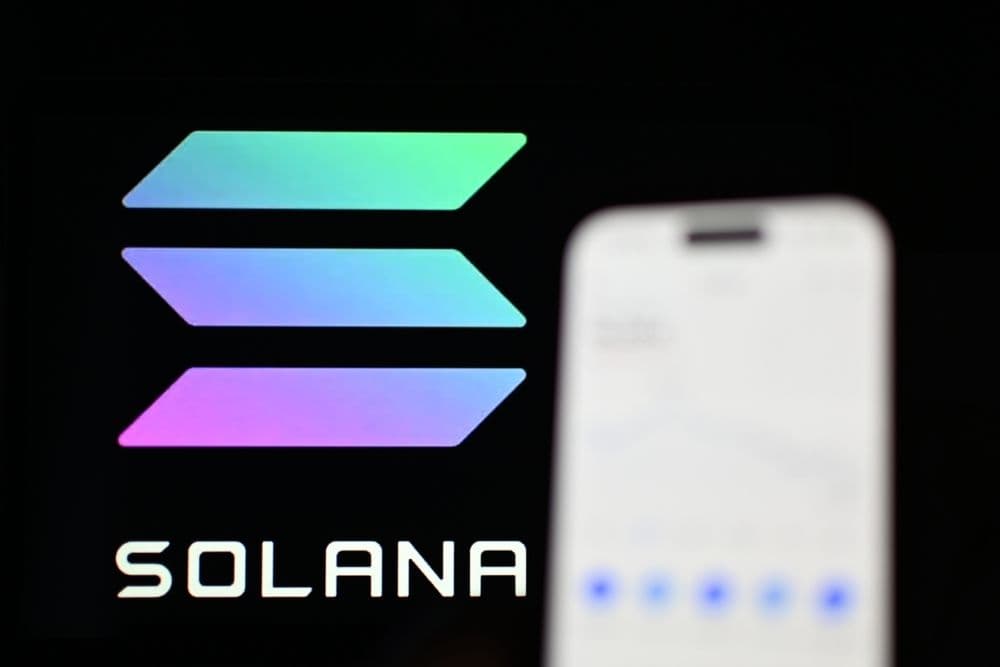 Terraform Labs’ Do Kwon may switch to guilty plea in U.S. case. (Shutterstock)
Terraform Labs’ Do Kwon may switch to guilty plea in U.S. case. (Shutterstock)According to a scheduling order issued by U.S. District Judge Paul Engelmayer, Kwon is set to appear at a hearing on Tuesday at 10:30 a.m. EDT in Manhattan federal court to change his plea. The expected guilty plea would replace the “not guilty” plea he entered in January this year. Federal prosecutors allege that Kwon misled investors about the stability and safety of TerraUSD, an algorithmic stablecoin designed to maintain a one-dollar peg through automated arbitrage with its sister token, Luna. Instead, they claim, Kwon engaged in covert market interventions to prop up UST’s price during times of stress, masking the inherent fragility of the system until its collapse triggered roughly $40 billion in combined losses.
Kwon’s U.S. prosecution follows a lengthy and complicated legal odyssey that began after the Terra ecosystem imploded in May 2022. Once a darling of the blockchain industry, with backing from major venture capital firms and a rapidly expanding user base, Terraform Labs saw its empire unravel in a matter of days as UST lost its peg and Luna’s value crashed to near zero. The fallout rippled through the broader crypto market, contributing to a wave of bankruptcies, liquidity crises, and heightened regulatory scrutiny worldwide. Authorities in multiple jurisdictions launched investigations, and Kwon became the subject of an Interpol red notice. His eventual arrest came in March 2023 in Montenegro, where he was detained for using falsified travel documents. After months of legal wrangling, he was extradited to the United States in December 2024.
When Kwon first appeared before a U.S. court in January 2025, he pleaded not guilty to the charges and was detained without bail. The original indictment was later expanded to include nine counts. His legal team had signaled plans to fight the case vigorously, citing the technical complexity of algorithmic stablecoins and arguing that market volatility, rather than fraud, caused the Terra collapse. The court set a tentative trial date for January 2026 to give both sides time to process vast quantities of evidence, much of it in Korean and involving complex blockchain transaction data.
The case is separate from the civil enforcement action brought by the U.S. Securities and Exchange Commission. In April 2024, a federal jury found Kwon and Terraform Labs liable for fraud in that case, concluding they misled investors about the nature and stability of UST. The SEC has since proposed a $4.5 billion settlement, which includes disgorgement, penalties, and restrictions on Kwon’s future participation in the securities industry. That settlement is still pending court approval.
If Kwon enters a guilty plea, it could represent a strategic decision to seek a lighter sentence in exchange for cooperation or a more favorable agreement with prosecutors. Plea deals are not uncommon in complex financial crime cases, especially when the government faces significant logistical challenges in presenting highly technical evidence to a jury. However, a guilty plea in a case of this magnitude would still carry potentially severe penalties, including substantial prison time. It would also be seen as a major victory for the Department of Justice, which has increasingly targeted high-profile figures in the cryptocurrency sector in an effort to deter fraud and bolster market integrity.
The outcome of Kwon’s case is being closely monitored by regulators, investors, and blockchain developers worldwide. TerraUSD’s collapse not only sparked debate about the risks of algorithmic stablecoins but also accelerated legislative efforts in the United States and abroad to impose stricter oversight on digital asset issuers. In Washington, lawmakers have cited Terra as a cautionary tale while drafting bills aimed at creating a regulatory framework for stablecoins, with provisions on reserve requirements, audit transparency, and consumer protections. Internationally, jurisdictions such as the European Union have moved ahead with rules under the Markets in Crypto-Assets Regulation (MiCA), and Asian regulators have stepped up monitoring of stablecoin projects.
The shift from a not guilty plea to a likely admission of guilt marks a remarkable fall from grace for a man once viewed as a visionary in decentralized finance. Kwon’s rise and fall have been emblematic of the volatile mix of innovation, speculation, and risk that has defined the cryptocurrency sector over the past decade. For many investors, the Terra collapse remains a sobering reminder that even sophisticated blockchain projects can unravel quickly when market confidence evaporates.
The resolution of Kwon’s case may help close one chapter in a saga that reshaped perceptions of digital asset stability. But it will also stand as a precedent in how U.S. authorities pursue cases involving global crypto figures and cross-border enforcement, signaling that legal accountability for large-scale market losses is increasingly unavoidable.

SKR debuts January 2026 as Solana Mobile grows its vision

Democrats report accuses Trump of crypto move

Toku–PDAX bring stablecoin payroll to the Philippines

Africa launches ADAPT to unlock $70B in trade value